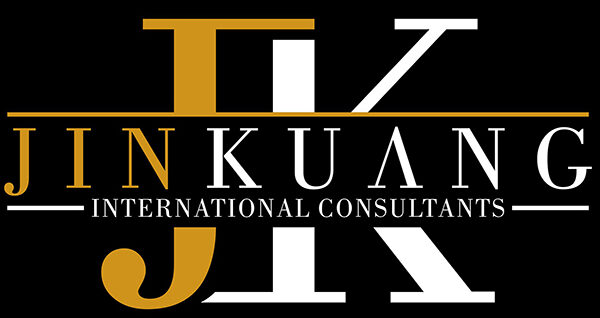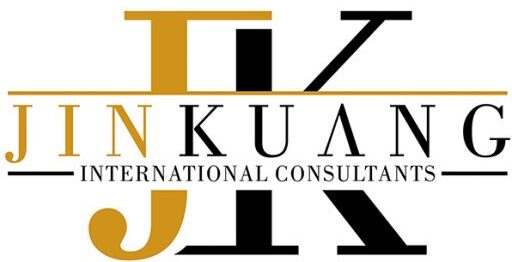
Micro-Influencer Marketing:
A New Trend for Taiwanese Small Businesses and Its Differences with the U.S. Market

As social media continues to grow, influencer marketing has become a key strategy for promoting brands. In particular, micro-influencer marketing is gaining traction among small businesses and startups in Taiwan. By partnering with micro-influencers, who typically have between 1,000 to 100,000 followers, brands can effectively enhance awareness and enter niche markets at a relatively low cost. While influencer marketing is already well-developed in the U.S., there are distinct differences in platform preferences and strategy between Taiwan and the U.S. This article explores the basics of micro-influencer marketing and highlights cultural differences in social media marketing between Taiwan and the U.S.
What is Micro-Influencer Marketing?
Micro-influencer marketing involves collaborating with influencers who have smaller but highly engaged audiences to promote brands or products. These influencers often hold strong influence within specific niches, such as beauty, lifestyle, and tech. Unlike mega-influencers with millions of followers, micro-influencers build a more personal connection with their audience, leading to higher engagement rates and increased trust in their recommendations. For budget-conscious small businesses, micro-influencers provide a practical and affordable option for brand promotion.
In Taiwan, many businesses in industries like food, lifestyle, and beauty collaborate with micro-influencers to reach consumers naturally through everyday content, resulting in a more relatable brand image.
Taiwan vs. the U.S.: Differences in Social Media Platforms and Influencer Marketing Strategies
Taiwan and the U.S. differ significantly in social media platform preferences. Taiwanese users favor Instagram, Facebook, and LINE, which provide straightforward communication and content-sharing channels. In recent years, Xiaohongshu (Little Red Book) has also risen in popularity in Taiwan, especially among influencers focused on lifestyle, beauty, and travel.
In the U.S., social media choices are more diverse, extending beyond Instagram and Facebook to include TikTok, Twitter, and Pinterest. The influencer marketing ecosystem in the U.S. is more mature and diverse, with different platforms catering to distinct audiences. For example, TikTok attracts a younger demographic, allowing brands to leverage creative short-form content. By contrast, Taiwanese businesses invest less in TikTok, focusing instead on Instagram and Facebook, where they have a stronger, more established presence.
Why is Micro-Influencer Marketing Especially Effective for Small Businesses in Taiwan?
Cost-Effective and High ROI: Micro-influencers tend to have more affordable collaboration rates compared to mega-influencers, making them ideal for Taiwan’s small businesses with limited budgets. Often, these influencers offer affordable collaboration packages, allowing businesses to promote their brands more frequently and steadily increase brand awareness.
High Engagement and Authenticity: Micro-influencers generally maintain close interactions with their followers, creating strong trust. This allows Taiwanese small businesses to reach potential customers more effectively, especially in the local market.
Quick Response and Flexibility: Small businesses in Taiwan often need to adjust marketing strategies quickly to respond to market demands. Micro-influencers can create content rapidly and easily shift promotion strategies based on business needs, a flexibility that is harder to achieve with mega-influencers.
How to Find the Right Micro-Influencers?
Finding the right micro-influencer is crucial to successful marketing. Here are some recommended steps:
- Use Social Media to Search: Use keywords and hashtags on platforms like Instagram and Facebook to find active micro-influencers in your industry.
- Utilize Influencer Marketing Tools: In Taiwan, companies can use specialized influencer marketing platforms to filter and analyze influencers, looking at follower counts, engagement rates, and content quality to determine the best fit for their brand.
In the U.S., businesses often use professional influencer marketing platforms like Aspire and Upfluence, which provide in-depth data analysis to help identify influencers whose audiences align well with the brand’s target market.
Success Stories: The Power of Micro-Influencer Marketing
In Taiwan, several small beauty and handmade product brands have achieved notable success with micro-influencer marketing. For example, a handmade soap company partnered with micro-influencers focused on natural beauty and lifestyle content, drawing significant customer attention within a few weeks and boosting brand recognition.
Similar success stories are common in the U.S., where health food brands have expanded their market reach and elevated brand awareness by collaborating with fitness and wellness-focused micro-influencers.
Conclusion: How Can Taiwanese Small Businesses Make the Most of Micro-Influencer Marketing?
For Taiwanese small businesses, micro-influencer marketing is an economical and effective way to increase brand exposure. By collaborating with highly interactive and trustworthy influencers, businesses can gain visibility and stand out in a competitive market. As social media platforms and marketing technologies evolve, the value of micro-influencer marketing will become increasingly evident.
Whether in the Taiwanese or U.S. market, businesses of any size can succeed by implementing effective influencer marketing strategies tailored to their target audience. With the right approach, companies can win the hearts of consumers in this social media-driven era.

